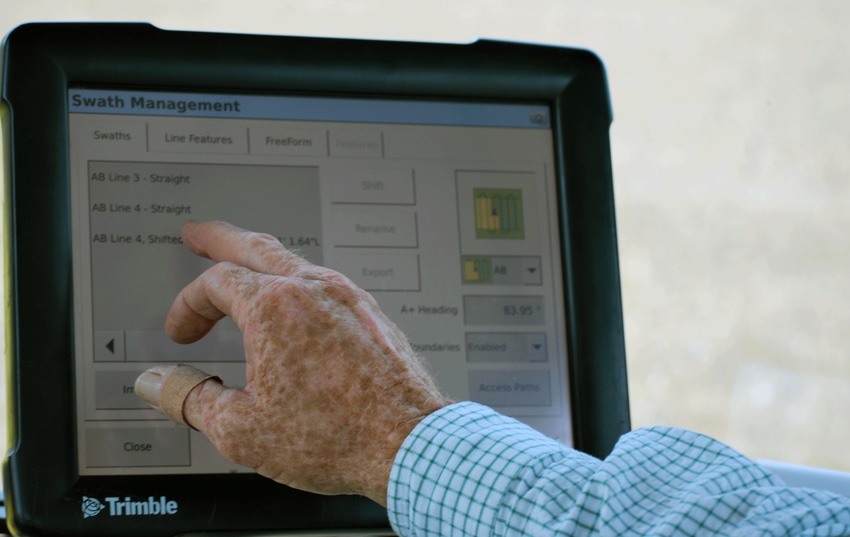March 5, 2016

Farm groups, agribusinesses and land grant universities have created a repository to collect and safeguard farmer data. The Agricultural Data Coaltion aims to protect information gathered and transmitted by high-tech farm machinery.
"Farmers must retain ownership and control of the private agricultural data that originates from the work they do in their fields," said American Farm Bureau Federation (AFBF) President Zippy Duvall. "Harnessing that proprietary information for field-level efficiency and effectiveness is the key that will unlock more profitability and the greater adoption of precision agriculture. That's good for business and the environment, too.”
The ADC follows years of planning and coordination by AGCO, AFBF, Auburn University, CNH Industrial, Crop IMS, Ohio State University, Mississippi State University, the University of Nebraska-Lincoln, Raven Industries and Topcon Positioning Group.
"We are excited about Auburn University joining this new coalition, whose priority will be to protect the privacy and security interests of farmers,” said Carla Hornady, director of the cotton, soybeans and wheat and feed grains divisions for Alabama Farmers Federation.
ADC plans to build a national online repository where farmers can securely store and control the information collected by their tractors, harvesters, aerial drones and other devices. The data can then be compiled and transmitted in an efficient and uniform way to third parties such as researchers, crop insurance agents, government officials, farm managers, input providers or any trusted advisor the farmer chooses.
Madison County farmer Brandon Moore recently represented Alabama in technology discussions at AFBF’s Advocacy Conference. He said farm data has tremendous value, but could also be exploited.
“The data is very useful to us as farmers, and it’s important in the decisions we make,” Moore said. “Our challenge is to develop our own expertise in analyzing that data. While farmers typically own the raw data, some companies want to own the ability to interpret the data. The data is much less valuable without the ability to interpret it and draw meaningful conclusions that are actionable on your farm.”
Moore said he recently paid $3,000 for testing on his farm, but he was only given a map with recommendation for services he could purchase from the company.
“I wanted all the detail so I could draw my own conclusions,” Moore said. “I paid for a diagnostic tool, but they are holding the data hostage.”
The ADC would aggregate farm data, which would protect farmers’ privacy while providing useful information for scientists and others.
“The key is that farmers are in complete control, and they decide who is allowed access to their data,” explained ADC Executive Director Matt Bechdol. “That’s what sets ADC apart. This is not about profit for others, it’s about streamlining data management, establishing clear lines of control, and helping growers utilize their data in ways that ultimately benefit them.”
Bechdol says to understand ADC’s platform, it’s helpful to think of it like a bank.
“Farmers deposit their asset into a secure location,” he said. “They manage that asset through the equivalent of an online banking system and then, just like an ATM or an online transaction, ADC is able to seamlessly transmit the data on the farmer’s behalf wherever the farmer wishes.”
About the Author(s)
You May Also Like




